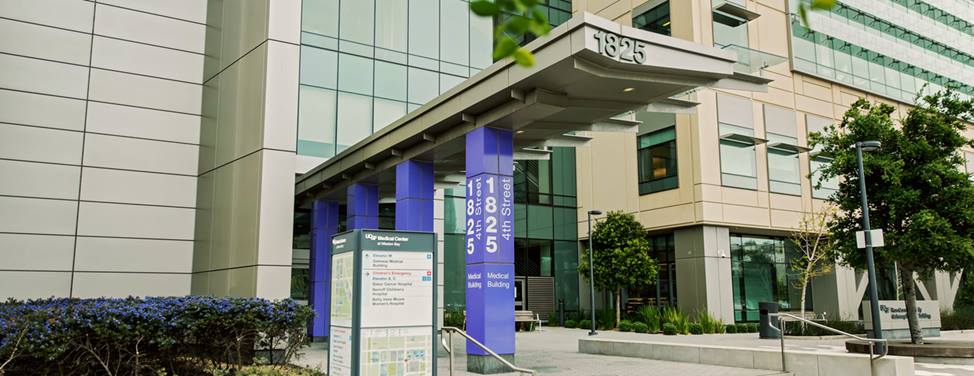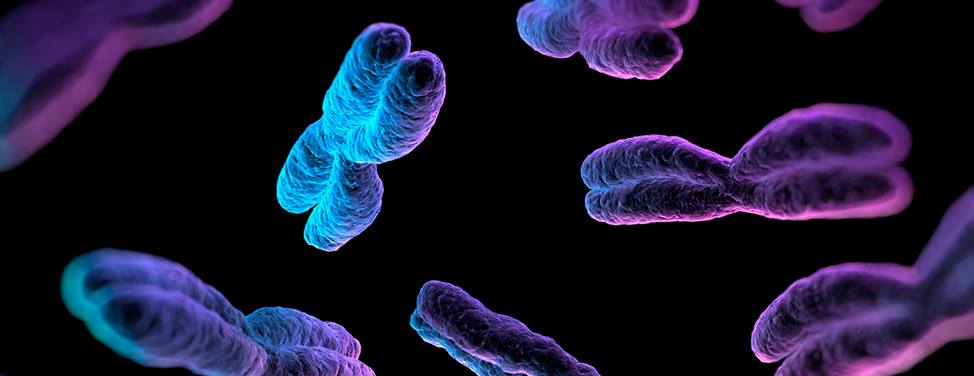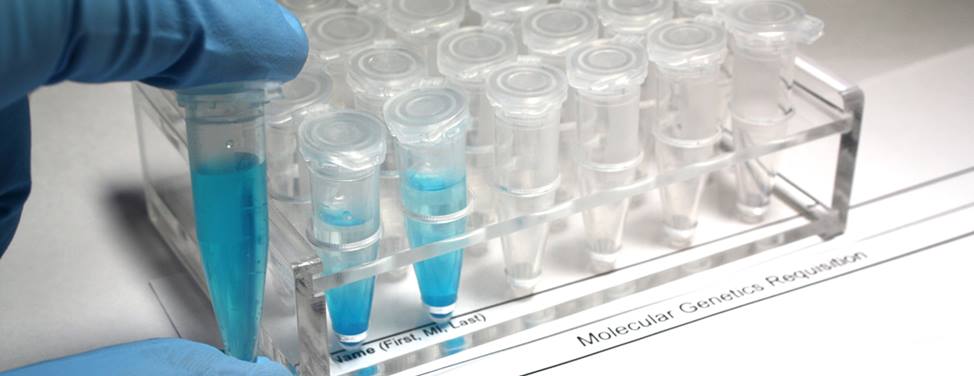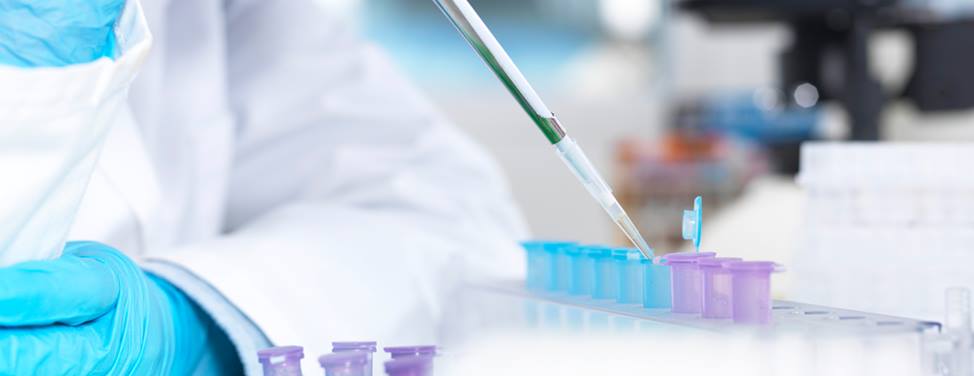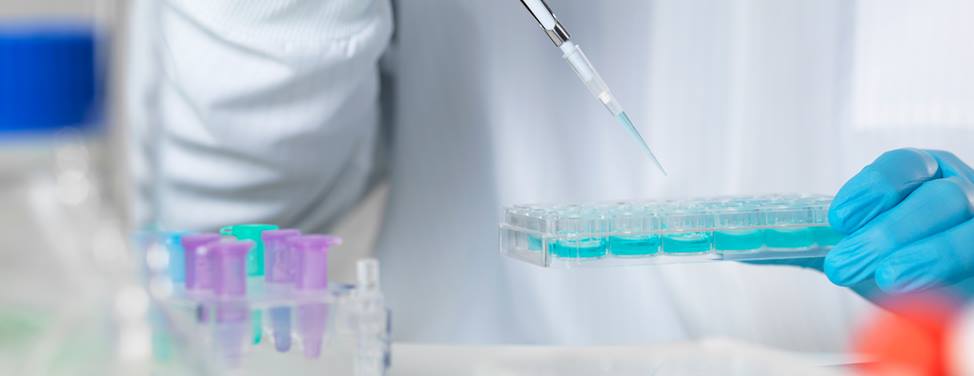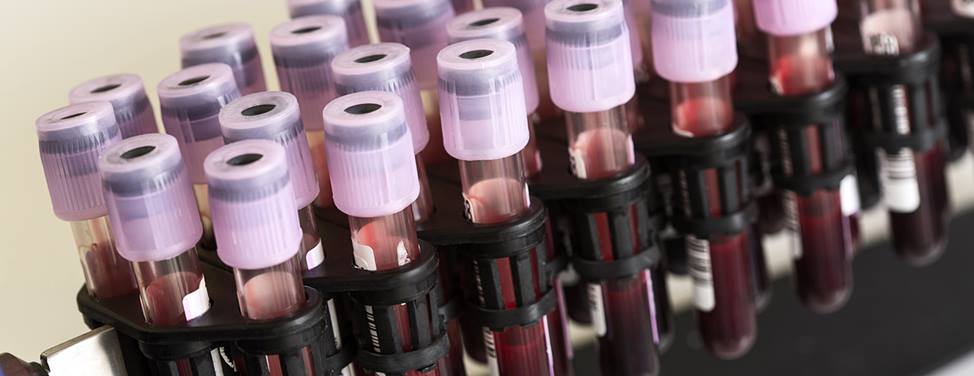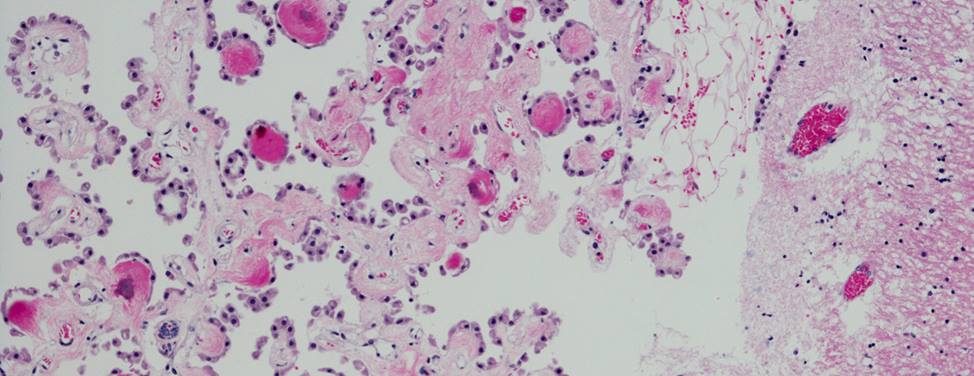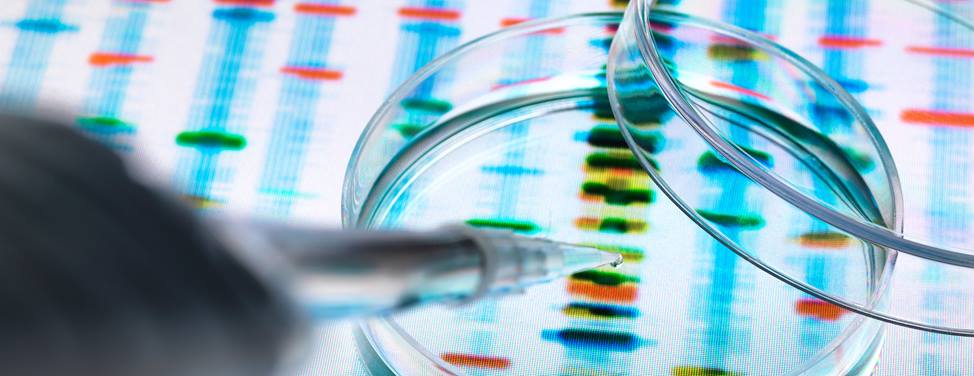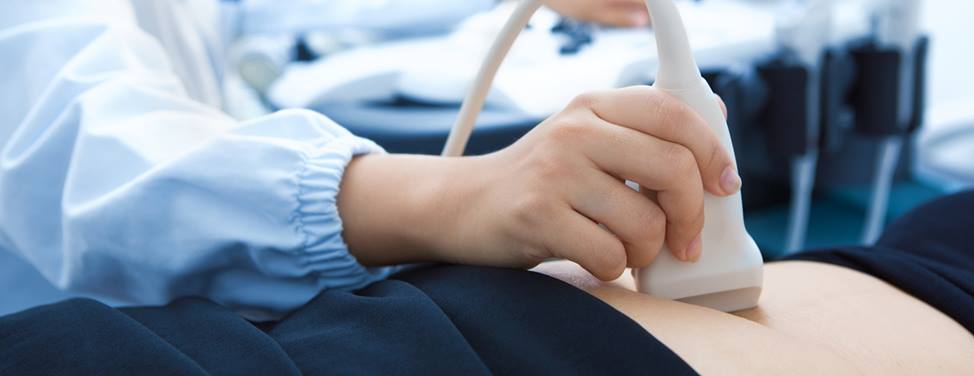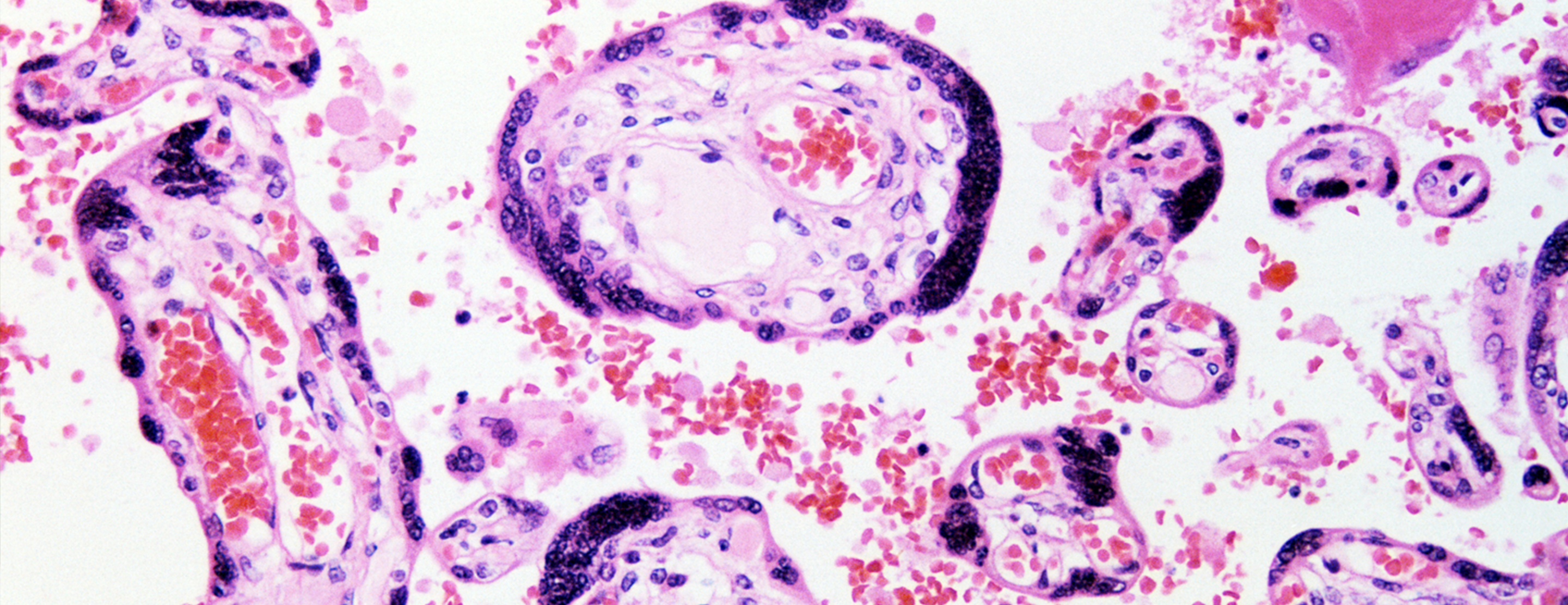
FAQ: Chorionic Villus Sampling (CVS)
What is chorionic villus sampling?
Like amniocentesis, chorionic villus sampling (CVS) can detect significant chromosomal differences, such as those that cause Down syndrome, as well as extra or missing pieces of chromosomes, some of which are associated with certain conditions. CVS can also be used in at-risk pregnancies to diagnose some conditions caused by a difference in a single gene, such as cystic fibrosis and Tay-Sachs disease.
The doctors, nurses and other members of the UCSF Prenatal Diagnostic Center bring a wealth of expertise and experience to your care. They have performed more than 17,000 CVS procedures over the past 25 years.
Why choose CVS over amniocentesis?
A major advantage of CVS is that it’s performed much earlier in pregnancy, at 10 to 13 weeks (compared with 16 to 22 weeks for amniocentesis). This allows you more decision-making time, if needed, and an earlier start to any treatment.
A disadvantage of CVS is that it can’t detect neural tube defects, such as spina bifida. However, these conditions may be screened for later in the pregnancy with an ultrasound exam plus the alpha-fetoprotein test, which uses a blood sample from the pregnant person.
What happens before and during the procedure?
First you’ll meet with a genetic counselor, who will assess your pregnancy history and family history, explain options for prenatal screening and testing, and answer any questions or concerns you have. This appointment takes about two hours and can happen in person at the UCSF Prenatal Diagnostic Center or in a video visit.
Then you’ll have an ultrasound to assess the location of the placenta and the gestational age of the pregnancy. The CVS procedure is performed under ultrasound guidance and takes about 10 minutes. It involves removing a tiny piece of tissue from the placenta, either by inserting a needle through the abdomen or inserting a catheter (a thin, flexible tube) through the cervix. Most patients don’t find the procedure painful, but some experience cramping or other minor discomfort.
The sample is sent to the lab for testing. Most results are available within two weeks, although certain tests may take up to a month.
Are there risks associated with the test?
There is a small risk of miscarriage as a result of CVS. It is approximately 1 in 450.
What does a positive result mean?
A positive result means the test found a genetic abnormality. If this occurs, you’ll be able to discuss the finding and your options with an obstetrical geneticist and a genetic counselor from our center, as well as with your own doctor. For any decision you make, we offer referrals and resources for support.
Will my insurance cover the cost?
Most insurance plans cover CVS and other prenatal tests, especially if you're 35 or older. You may need a referral from your primary care doctor or an authorization from your health plan to ensure coverage. Our office staff is available to help with insurance questions.
UCSF Health medical specialists have reviewed this information. It is for educational purposes only and is not intended to replace the advice of your doctor or other health care provider. We encourage you to discuss any questions or concerns you may have with your provider.






